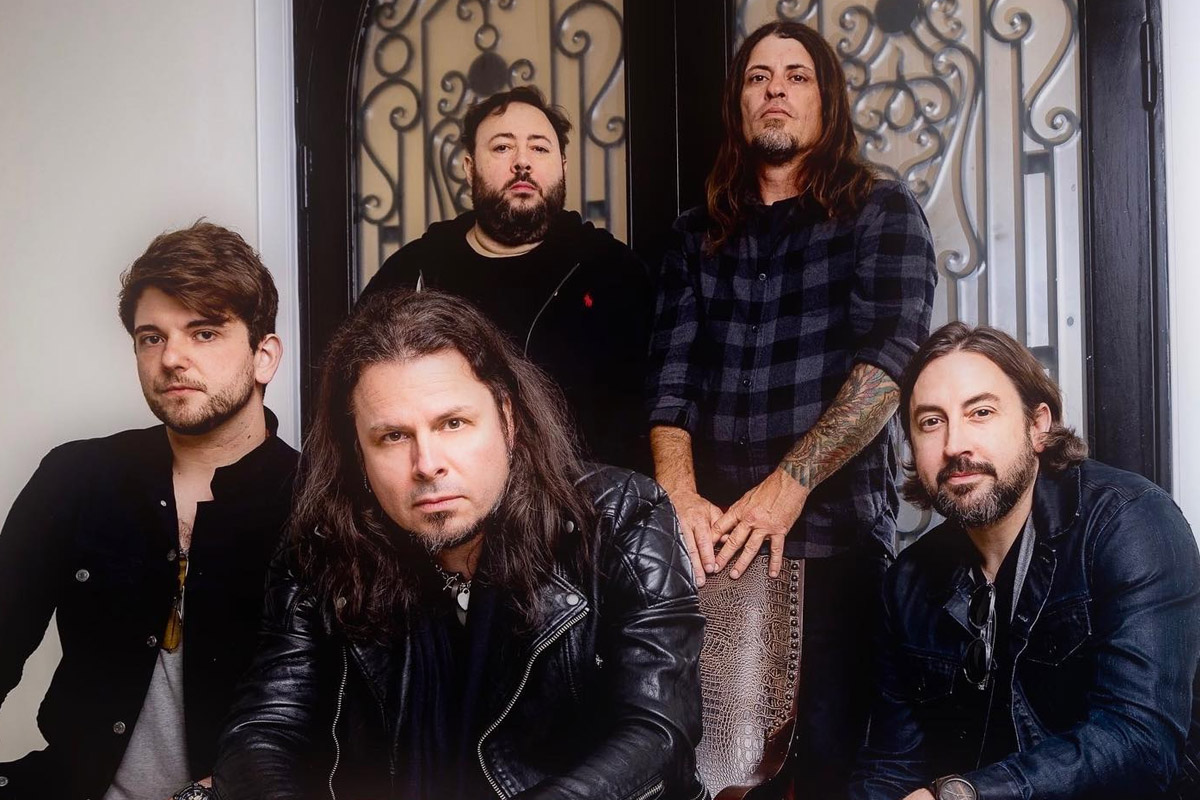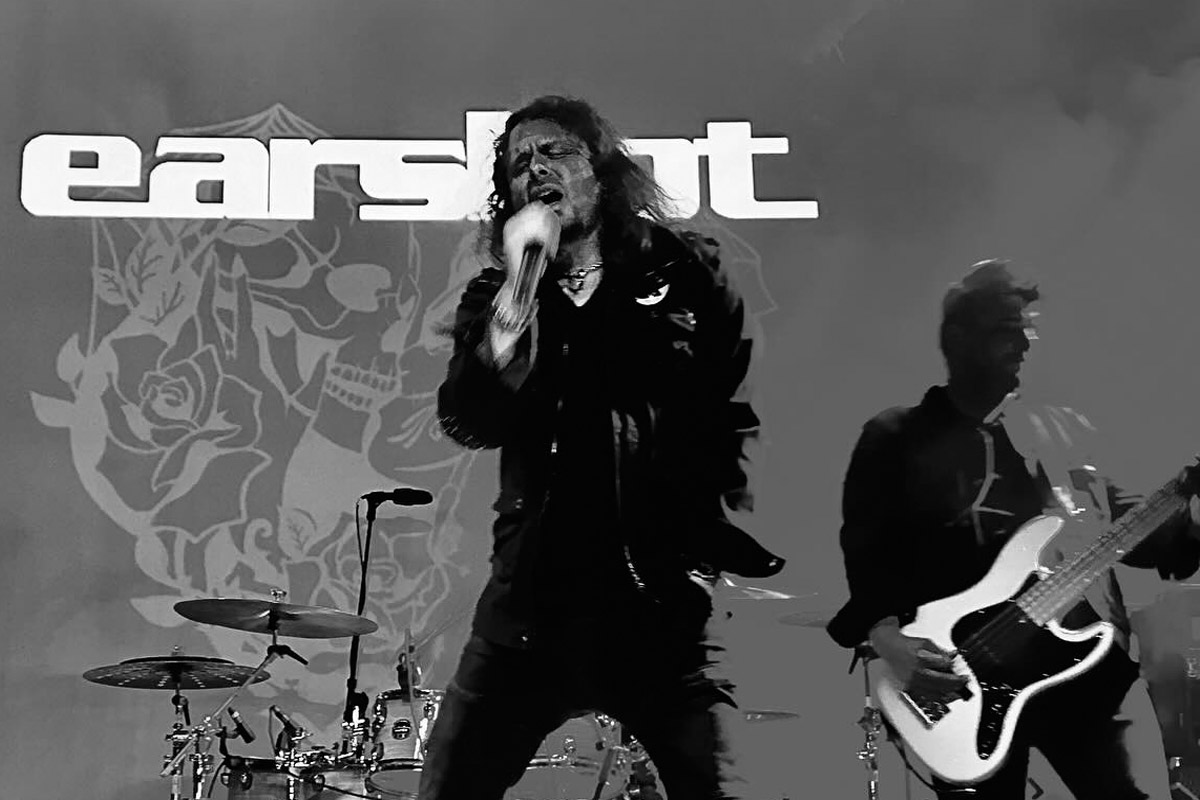Earshot’s vocalist Wil Martin addressed the Tool comparisons his band has received in a recent YouTube interview. Martin acknowledged Tool’s early influence but explained how the band’s later evolution became increasingly challenging to appreciate.
“Back in the early ’90s when they came out, when Undertow came out, I f*cking loved that record — as did millions of people,” Martin said. “It was just such a raw, gritty, dark — but dark in a different way than everything that was happening at that time.”
“They sort of started to lose me,” he continued. “Not because I didn’t like the band, but because their music became more of a commitment to listen to. The song lengths, the different parts… I’m more of a song guy. I like things that are a little easier to digest; I don’t want to have to think so much all the time.”
“I was never offended by the comparison,” Martin added. “In the beginning, I was a little off-put by it, only because as an artist, we want to be identified as our own thing. But I came to understand that most people actually meant it as a compliment.”
The vocalist’s comments shed light on the broader discussion about musical complexity and accessibility in modern metal. His perspective specifically highlights Tool’s evolution over the years.
Contrasting Musical Approaches

Rough Edge documented Earshot’s straightforward approach to music. The band focuses on melodic nu-metal with structured songwriting and accessible hooks, creating a distinct contrast to Tool’s complex compositions.
Their commitment to accessibility remains evident throughout their discography. The album ‘The Silver Lining’ particularly showcases their preference for direct songwriting over technical complexity.
Tool’s Musical Evolution

Ultimate Metal community discussions highlighted Tool’s significant progression from their early sound. The band’s transition to more intricate compositions has created two distinct listener camps. Some embrace the complexity, while others prefer their earlier, more direct approach.
Tool’s recent albums demonstrate this transformation clearly. Songs now regularly exceed ten minutes and incorporate multiple complex segments and time signatures.
Vocal Comparisons

Antimusic observed that Martin’s vocal style drew frequent comparisons to Maynard James Keenan’s distinctive approach. These similarities became particularly noticeable in Earshot’s earlier work.
The vocal comparisons, though complimentary, often overshadowed Earshot’s unique musical identity. This context explains Martin’s balanced approach in showing respect for Tool’s artistry while maintaining his band’s distinct musical direction.





